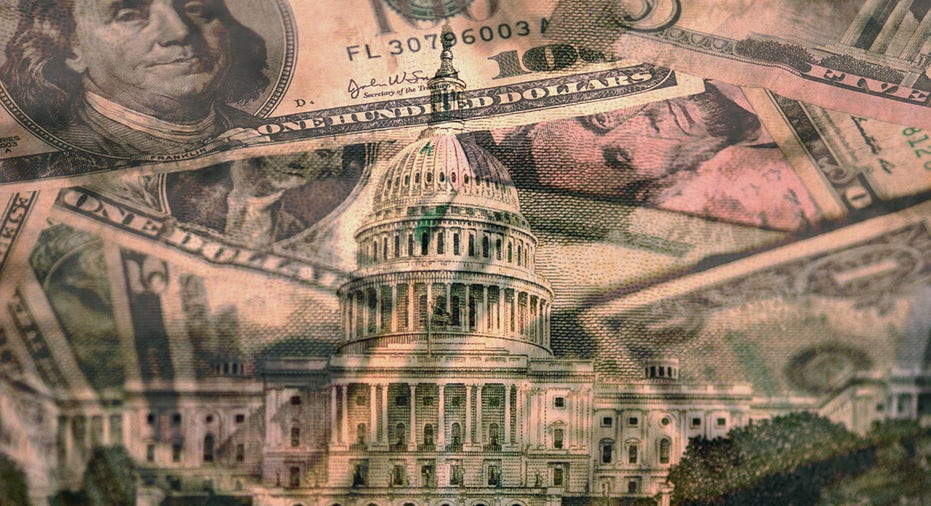Published by FOX Business | October 8, 2021
The new debt ceiling extension will fund the government through Dec. 3
The Senate passed a temporary extension of the debt ceiling Thursday night in a 50 to 48 vote, giving the government enough funds to make it through December. The House of Representatives is expected to pass the legislation in the coming days, sending it to President Joe Biden’s desk before the Oct. 18 deadline.
Senate Majority Leader Chuck Schumer said earlier in the day that Democrats and Republicans reached an agreement to keep the U.S. from defaulting on its debt until the new December deadline.
“The pathway our Democratic colleagues have accepted will spare the American people any near-term crisis while definitively resolving the majority’s excuse that they lack the time to address the debt limit through the 304 reconciliation process,” McConnell said on the Senate floor. “Now there will be no question, they will have plenty of time.”
Before the Senate agreement, there were concerns that interest rates would rise if the debt ceiling was not increased. However, with the extension passed, interest rates will continue to hover near all-time lows.
Biden announced at a press conference that failure to raise the debt ceiling could cause interest rates to rise, as well as mortgage and car payments. However, how the debt ceiling affects consumers can be quite complicated.
“In the days ahead, even before the default date, people may see the value of their retirement accounts shrink.” Biden said prior to the Senate’s agreement. “They may see interest rates go up, which will ultimately raise their mortgage payments and car payments.”
Treasury Secretary Janet Yellen previously warned of the economic impact of not raising the debt ceiling, which Congress now has until December to find a permanent solution to.


